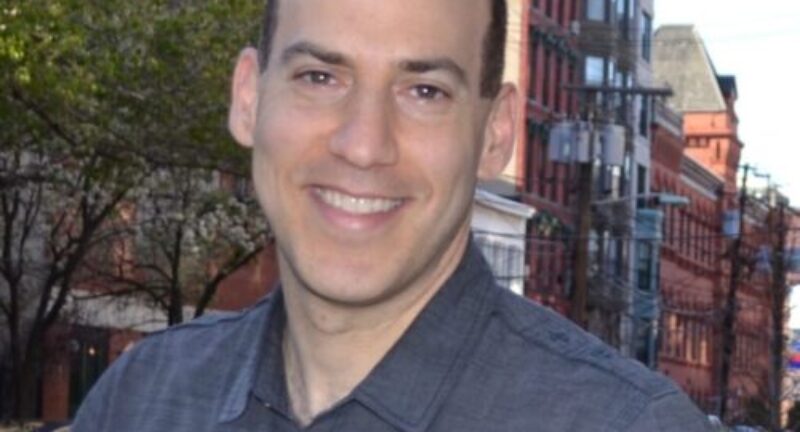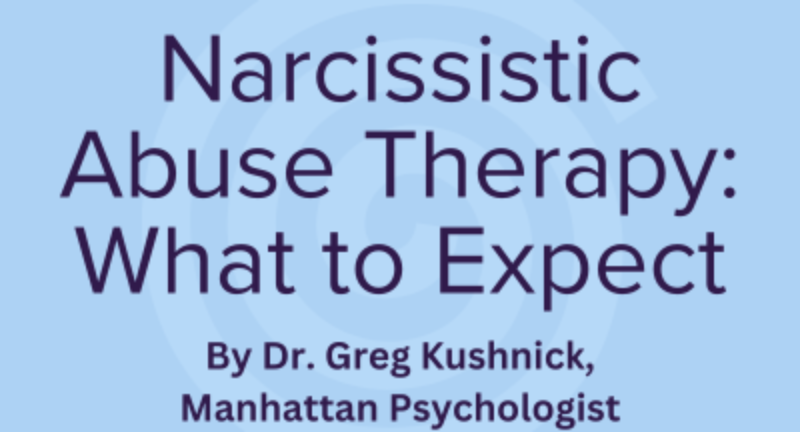
The Starting Point for Managing Anxiety
As a psychologist in New York City who has conducted thousands of sessions helping clients manage their anxiety, I have come to understand that there is one key to managing your worries. This key unlocks your ability to gain a sense of control over anxious moods and thought patterns. What I’m proposing also helps with an intense fear of something specific, such as a work presentation, medical test results or childbirth.
Just to clarify, when I use the term “anxiety,” I am referring to persistent worry and severe concern in response to an event that may or may not happen, the very uncomfortable anticipation of negative things to come. Anxiety involves a response to something in the future that is less likely to happen. Sometimes we feel anxious without any conscious awareness of what we’re anxious about.
We can all relate to the looping repeat of uncomfortable thoughts that accompany anxiety. Anxious moods steal our ability to focus on work, relax, bond with loved ones and get sound sleep.
My success with helping clients who are grappling with anxiety has depended on establishing the proper starting point for gaining a sense of mental control. In essence, the stage must be set before the band can start playing a relaxing tune.
Managing Anxiety Starts Here
The key to managing anxiety is gaining a sense of hardiness, or faith in your ability to cope with the unknown. Having this faith allows you to know that you’ll be ok no matter what happens. Hardiness is not easy to achieve, but the presence of just a drop of faith goes a long way.
How do you build up your hardiness? It starts with telling yourself 50 times a day, “No matter what happens, I will be ok.” If fear of a specific event is overwhelming you, try gently picturing yourself in the feared scenario and then tell yourself this message 50 times as you look around experience the sights and sounds of this event.
See yourself as making it through the event if you can picture what you fear. Say to yourself, “I made it.”
If this kind of imaginary exposure feels like it’s too much for you, that’s ok! Just feed yourself the reassuring message without imagery.
Faith in your ability to cope can come from a variety of sources. There’s faith in your mind, which refers to a sense of being able to control your thoughts and a sense that you’ll be ok if you lose control of your mind. The chaos doesn’t last. It’s time limited.
You actually do have at least partial control over some things that make you anxious. For example, if you’re getting a procedure done in the hospital, can you decide which doctor will perform the procedure, or the music you listen to, or who will be with you when you’re recovering? Focus on the choices you actually CAN make. The ability to choose some of the minutia of the feared scenario really helps.
The other side of building hardiness is to accept that there are some things you can’t control, which necessitates even a mild commitment to letting go and trusting in yourself, even if you know you will suffer for a period of time. This is where faith comes in. Faith in doctors, faith in God, faith in your efforts to take care of yourself, faith in people to make good decisions and do what’s best for you.
Building Faith in Your Mind
Your ability to control stress and anxiety ultimately depends on how much you believe your mental health can absorb a difficult event.
Sometimes faith in your ability to cope has to do with recognizing what your body can do for you without conscious effort. You were built to cope and return to a comfortable baseline of body functioning. Your body always resets to achieve as close to a sense of balance and equilibrium as possible. For example, if your heart rate soars in anticipation of a catastrophe, you need to remind yourself of your body’s ability to return to a comfortable state. Mental suffering generally comes in waves or cycles, as opposed to a permanent, unrelenting negative experience.
A sense of hardiness is also connected to your immune system. If you tell yourself that you can handle something, your body can have a stronger immune response. Of course, this is not true in ALL scenarios, but feeling hardy certainly gives you a physical boost of strength. Feeling like you can’t handle something is likely to elevate your cortisol levels, which weakens your body’s healing response.
Tips for Managing Anxiety and Building Hardiness
Below are a few hardy suggestions for learning to manage your anxiety.
- Start by sharing your experience of anxiety more authentically with a trusted person in your life. Remind yourself that you have this person to lean on if needed.
- Make sure you go at least one step outside of your comfort zone. It’s ok to be a bit uncomfortable if your behavior is in the spirit of striving toward something.
- Spend time identifying what’s important to you. What are the values you live by? What kind of person are you striving to be for the world? Judge your behavior based on these commitments. Knowing your values and who you are striving to be serve as a guide for difficult choices and personal boundaries.
- Take time to evaluate your personal boundaries with others. Who makes you do things you don’t want to do? Who makes you feel badly about yourself? Consider reading the book Set Boundaries, Find Peace to get a wonderful introduction to setting healthier boundaries.
- Evaluate your expectations for how an anxiety-inducing situation is supposed to go. Do you need to spend time learning to be less perfectionistic? Do you expect too much of yourself or other people? Setting reasonable expectations promotes feeling less shocked by negative outcomes.
- Pay attention to how you use your phone to self soothe. Are you over-reliant on your phone or should you commit to bringing uncomfortable thoughts under control without a screen?
Please feel free to reach out and ask a question or if any of this information feels like something you want to work on in therapy.
Good luck to you and your hardiness!
-Dr. Kushnick
Related Posts
Online Therapy with an Experienced Cognitive Behavioral (CBT) Psychologist
There are many great benefits of Telehealth, but it's important to choose the...
Narcissistic Abuse Recovery Therapy in NYC: What to Expect
In my years of experience as a psychologist in NYC, I have come to the conclusion...


